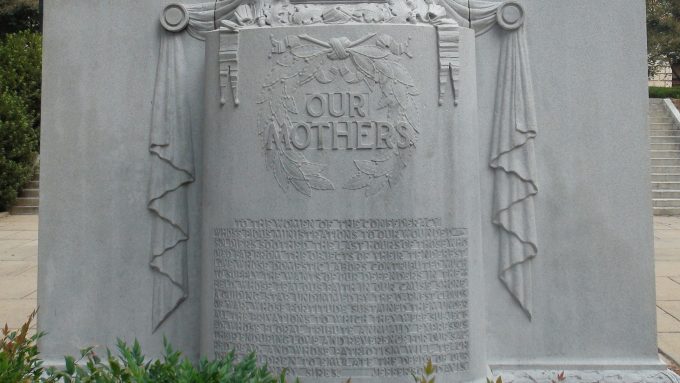
Wednesday, 18 October 2017
But we command you, brethren, in the name of our Lord Jesus Christ, that you withdraw from every brother who walks disorderly and not according to the tradition which he received from us. 2 Thessalonians 3:6
In verse 4, Paul noted his confidence that the Thessalonians would do the things that were commanded them. He now gives such a command, specifically stating it as such. But, he again calls them “brethren.” It is a command based on their place in Christ, and one which is intended to ensure harmony within that placement. To further bolster this, he then says, “in the name of our Lord Jesus Christ.” This is what made them “brethren” in the first place.
Because of their standing in Christ, and under the authority of that name which was given to Paul (and those with him), he issues his first of a series of commands and exhortations. This first command is “that you withdraw from every brother who walks disorderly.” The word he uses is only found elsewhere in 2 Corinthians 8:20. It gives the sense of “taking precaution” against. In modern lingo, we might nod towards such a person and quietly say under our breath, “Watch out for that guy.”
This is not a formal excommunication, but it is a strong warning to not get tangled up with such a person. Most churches of any size at all have one or two people like this. They are given instruction, and they refuse to apply it to their lives. Thus, they are disorderly. The word so translated is an adverb found twice, both in this chapter (see verse 11 for its second use). As an adjective, it is used in 1 Thessalonians 5:14 where it is translated as “unruly.” It signifies someone who walks in an insubordinate manner towards the word of God, and is thus fruitless. He lacks proper discipline.
The reason he is this way is because his walk is “not according to the tradition which he received from us.” The “tradition” Paul speaks of is an authoritative standard which is expected to be passed on and adhered to. As it says, it is “from us.” It is that which is apostolic in nature. As it is, it ultimately receives its authority from Christ the Lord.
Today, with the Bible complete, there is no such tradition which is not found there. In other words, with the ending of the apostolic age, any other “traditions” are from men and not from God. They may be useful, but they are do not carry the same authoritative stamp. Papal edicts, books of discipline, etc, can be amended. The word of God cannot. It is this word of God which carries the “traditions” which Paul speaks of here.
Life application: Churches often place high value on written codes which are extra-biblical, using them for the practical guidance of their gatherings. This is rather unfortunate, as has been seen among many long-standing denominations in recent years. One example is the Book of Discipline found in the Methodist church. It was given with guidelines concerning morality which were originally closely aligned with biblical standards. However, those standards have lately been changed, or are being evaluated for change, to allow all kinds of unbiblical perversion. Instead of going back to the source, meaning the Bible, they have altered the traditions which were man-given. This is error. Either the Bible is the rule and guide of our walk, or we have no proper source by which we will conduct ourselves in accord with God’s standards.
Lord God, codes of conduct, papal edicts, books of discipline, etc., can all be amended or superseded, but the Word of God stands forever. Help us to redirect our lives away from such things, and to correct our walk before you based on Your word alone. There is way too much perversion in churches today because they have decided upon their own moral standards instead of relying on what You have instructed. And with this turning from Your word, only a sad expectation of wrath and indignation can be expected. Wow! We sure don’t want that! Help us to stick to Your word for our holy conduct. Amen.
